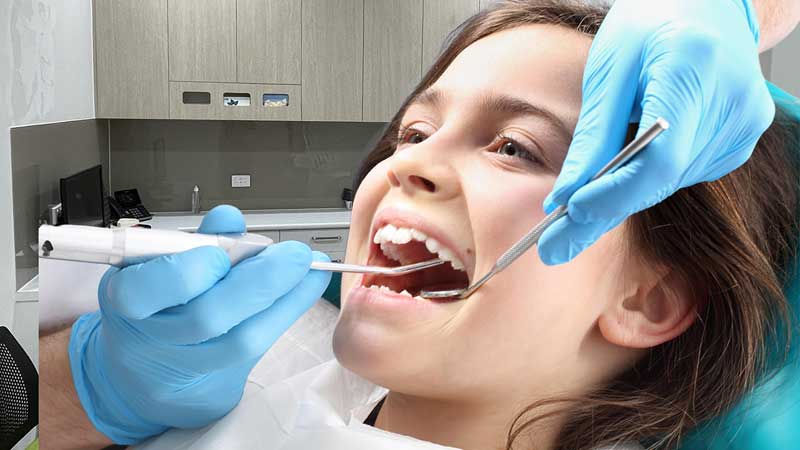Hidden Dangers in the Aisle: How Much Sugar Is Really in Your Baby’s Food?
- May 9, 2025
- 2 min read

As UK dentists, we see first-hand the damage that sugar can do to developing teeth. But what many parents don’t realise is just how much sugar is hiding in everyday baby food products—even the ones marketed as healthy.
Why Sugar in Baby Food Matters
Tooth decay is the number one reason children aged 5-9 are admitted to hospital in the UK. Even at a young age, excessive sugar can begin to erode baby teeth, leading to pain, infection, and expensive treatment. Unfortunately, many well-meaning parents are unknowingly giving their babies far more sugar than they realise.
The Hidden Sugar Trap
Baby food brands often market their products using words like "organic", "natural", or "no added sugar"—but that doesn’t always mean low in sugar. Fruit purées, yoghurt snacks, teething biscuits, and even baby rice can contain shockingly high amounts of naturally occurring sugars that still feed decay-causing bacteria.
Let’s break down a few examples:
Fruit purée pouches – Some contain the equivalent of 2-3 teaspoons of sugar per serving. That’s more sugar than a chocolate digestive biscuit.
Flavoured baby yoghurts – Often have 6g to 10g of sugar per pot. That’s up to 2.5 teaspoons of sugar for a baby’s dessert.
Baby biscuits and rusks – Common brands can contain up to 29% sugar by weight.
Even products labelled “no added sugar” can contain fruit concentrates and juices that spike sugar levels significantly.
How Sugar Affects Baby Teeth
Baby teeth may be temporary, but they serve essential roles: helping with chewing, speech development, and holding space for adult teeth. Once enamel is damaged by sugar and acid attacks, it doesn’t grow back.
Sugar feeds harmful bacteria in the mouth, which produce acid that erodes tooth enamel. In babies and toddlers, this can quickly lead to early childhood caries—a painful and entirely preventable condition.
What Parents Can Do
Read the labels carefully – Check the nutritional information for “sugars per 100g.” Anything over 5g is considered moderately high.
Avoid snacking on sugary foods throughout the day. This creates constant acid attacks.
Stick to fresh fruits rather than purées or concentrates. The fibre in fresh fruit helps reduce the sugar load.
Limit baby juices and sweet drinks. Offer water or milk instead.
Brush your baby’s teeth twice a day with fluoride toothpaste as soon as the first tooth comes in.
Bring your child to regular check-ups to ensure their teeth remain healthy and for advice from a dentist.
Get expert advice
Hampton Dental Care offers FREE general dentistry for all under 18's.
Contact us today to arrange your child's next check-up or book online 24 hours a day.



Thanks for sharing! If you're curious about the Root canal treatment cost in Sharjah, Al Shamil Medical Centre provides clear and affordable options.